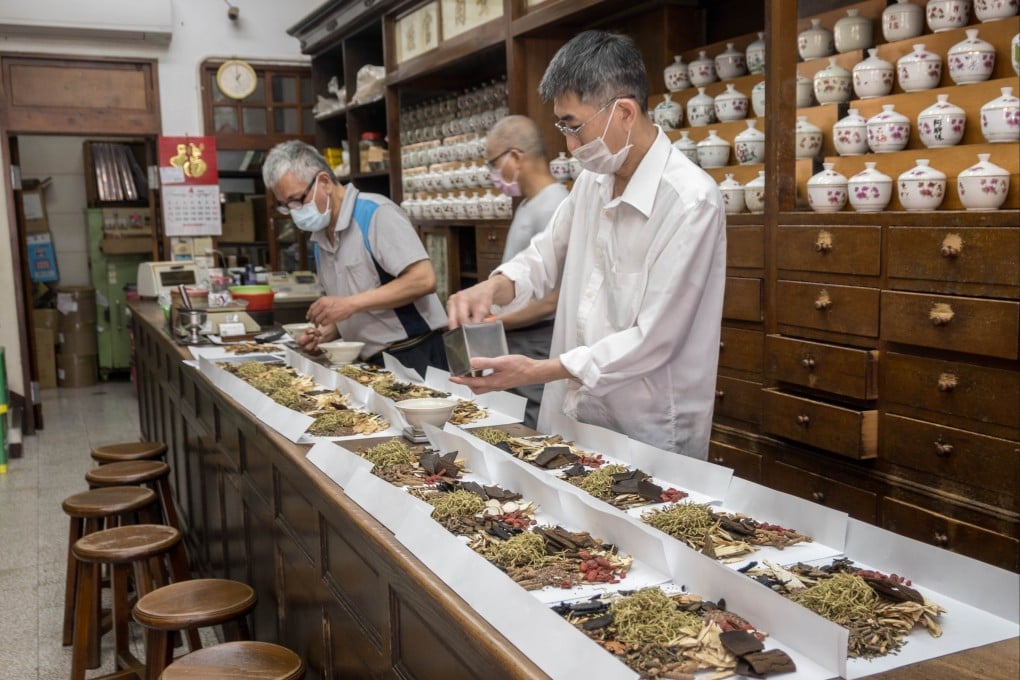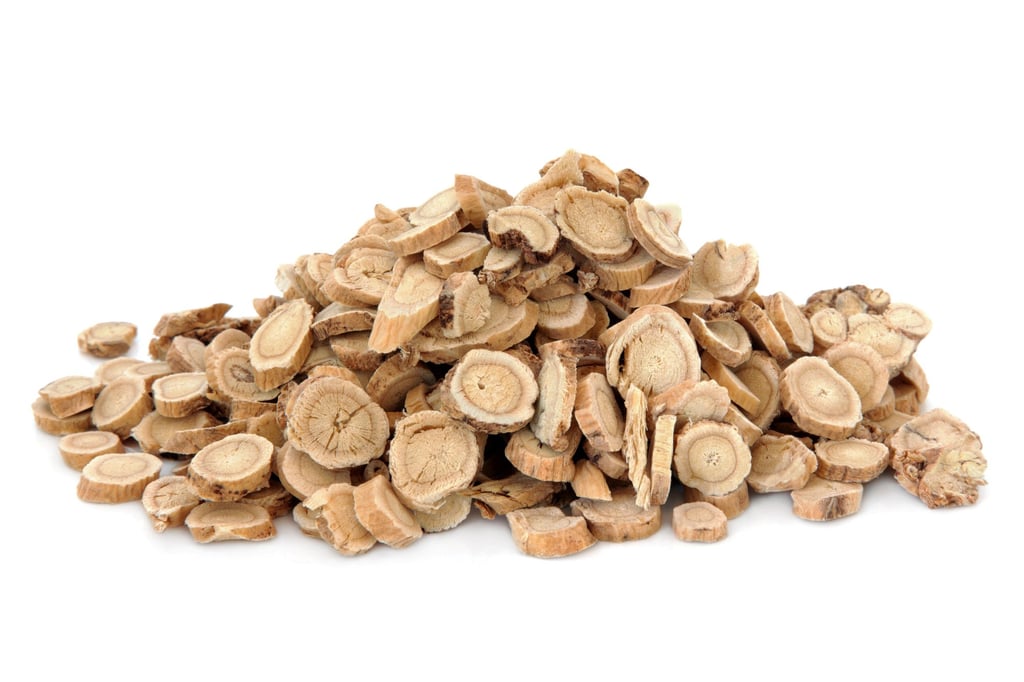The traditional Chinese medicine that could become ‘key treatment’ for heart attacks, as study finds it lowers inflammation without adverse effects
- Astragalus root, long used in traditional Chinese medicine, has been found to reduce inflammation in a study on heart attack patients
- It has an advantage over other cardiovascular medicines in that it does so without lowering patients’ immunity, something researchers say is ‘important’

Traditional Chinese medicine (TCM) derived from the root of the Astragalus herb can significantly reduce inflammation in heart attack patients and boost immunity, according to scientific research.
Researchers at Newcastle University in the UK conducted the study on older patients who were given the plant-based compound for more than a year after suffering heart attacks, alongside a group who were given a placebo.
They found that a compound extracted from Astragalus root known as TA-65 significantly reduced inflammation without negatively affecting their immune systems, unlike current cardiovascular treatments.

In addition, patients treated with the drug experienced far fewer complications and issues, such as chest or joint pain, following their heart attack.
